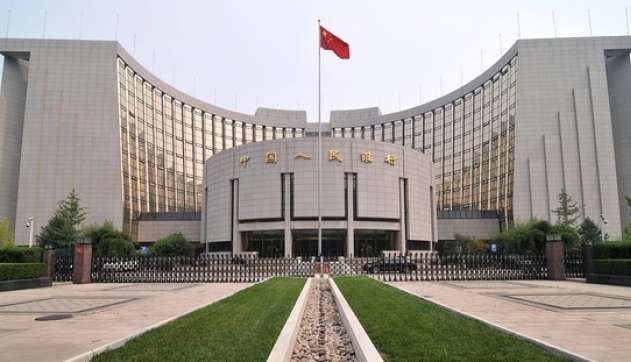What’s Behind Yuan Devaluation

The hysterical (quasi-panic) media reaction to the weakening of the renminbi looks perplexing, while recent explanations show that what is going on is actually a sealed book.
Back in 2013, at the Third Plenary Session of the Central Committee of the Communist Party of China, the country’s officials said that “the market should play a decisive role”. And on Tuesday, August 11, 2015, the People's Bank of China announced a new exchange rate formation mechanism where the yuan’s exchange rates at the closing of a previous session would play a bigger role, rather than the devaluation of the national currency, as some media reported. So the spontaneous and unexpected nature of the decision is out of the question, as Chinese authorities had, in fact, warned about upcoming greater volatility of the renminbi 2 years ago.
Arguments that yuan devaluation was due to an economic slowdown, and in particular because of the assistance provided to exporters, are not very convincing either. Indeed, a number of economic indicators showed that the Chinese economy has slowed which, by the way, comes as no surprise given the size of the nation’s GDP and an ongoing refocus of the national economy on domestic demand. Overall, despite all these adverse trends China’s GDP grew 7%. This number makes all major economies jealous. Gold & currency reserves of the People’s Bank of China total USD 3.65 tn, which, if necessary, would allow the regulator to maintain the yuan at the previous levels for quite a long time. It took the yuan just 3 trading sessions to weaken 4.6%. This will give exporters no boost, all the more since for a long-term effect they need not a one-time devaluation, but permanent weakening of the national currency. Chinese authorities will do their utmost not to do so given their aspiration to turn the yuan into a global reserve currency.
And it is this aspiration that explains the regulator’s move. Just last week, the IMF said that it is going to put on hold its decision to add the renminbi to the SDR currency basket. The IMF said that one of the reasons behind this decision is the yuan’s insufficient flexibility.
As we see, China simply fulfilled one of the IMF's wishes. It’s quite ironical that the IMF Council, with the US being a major shareholder, actually caused a 4.6% one-time devaluation of what American investors injected into China, i.e. how much the renminbi weakened vs. the greenback.
Overall, we do not view current events as something disastrous or that China is on the verge of a crisis. It can rather be said that ‘everything goes as planned’ in China, as usual.



